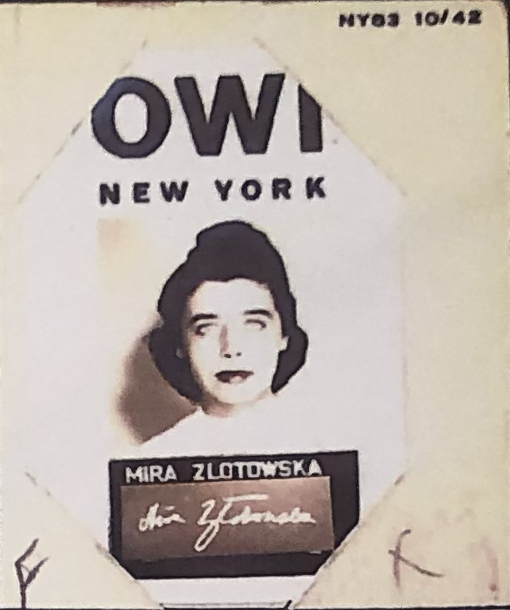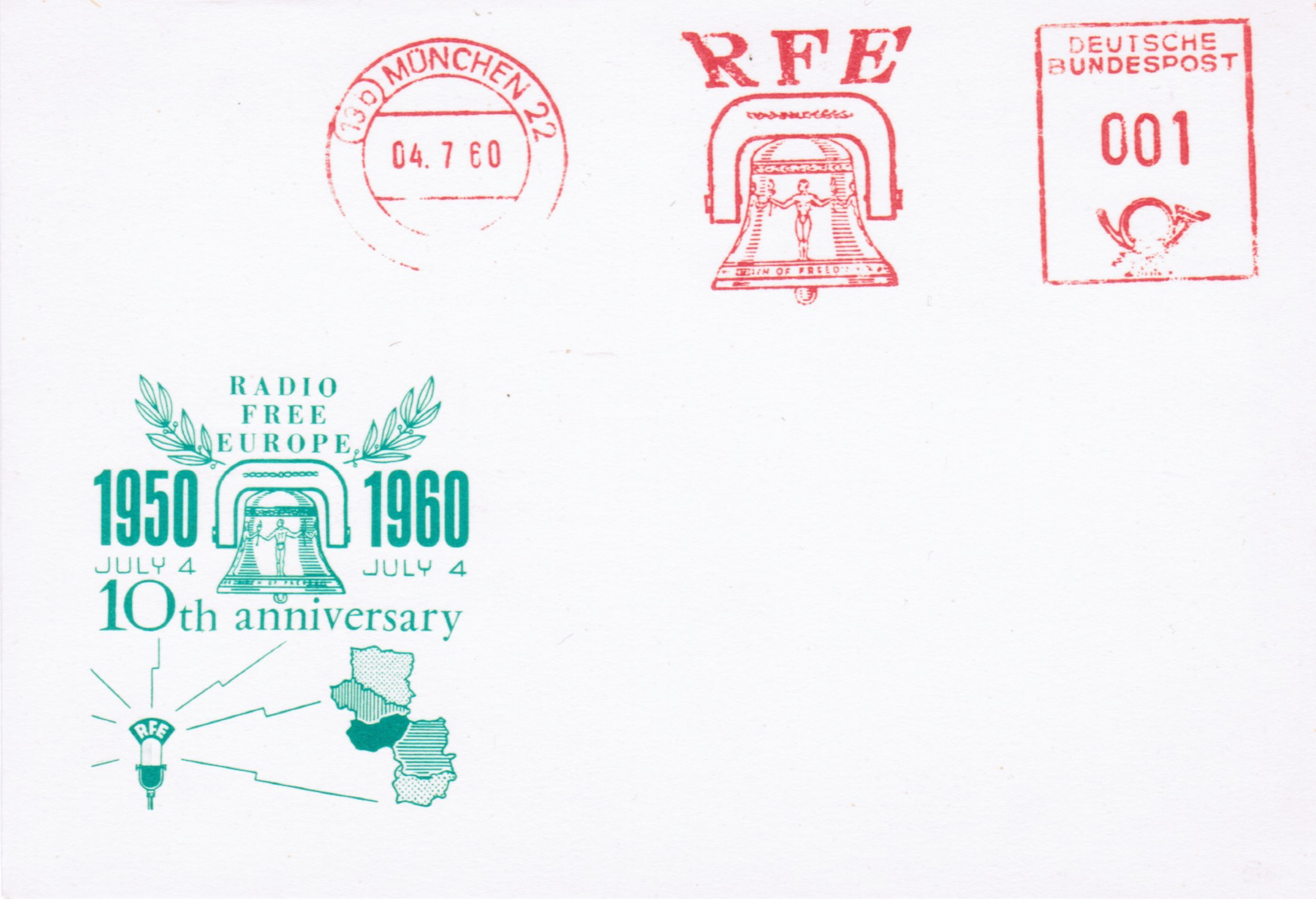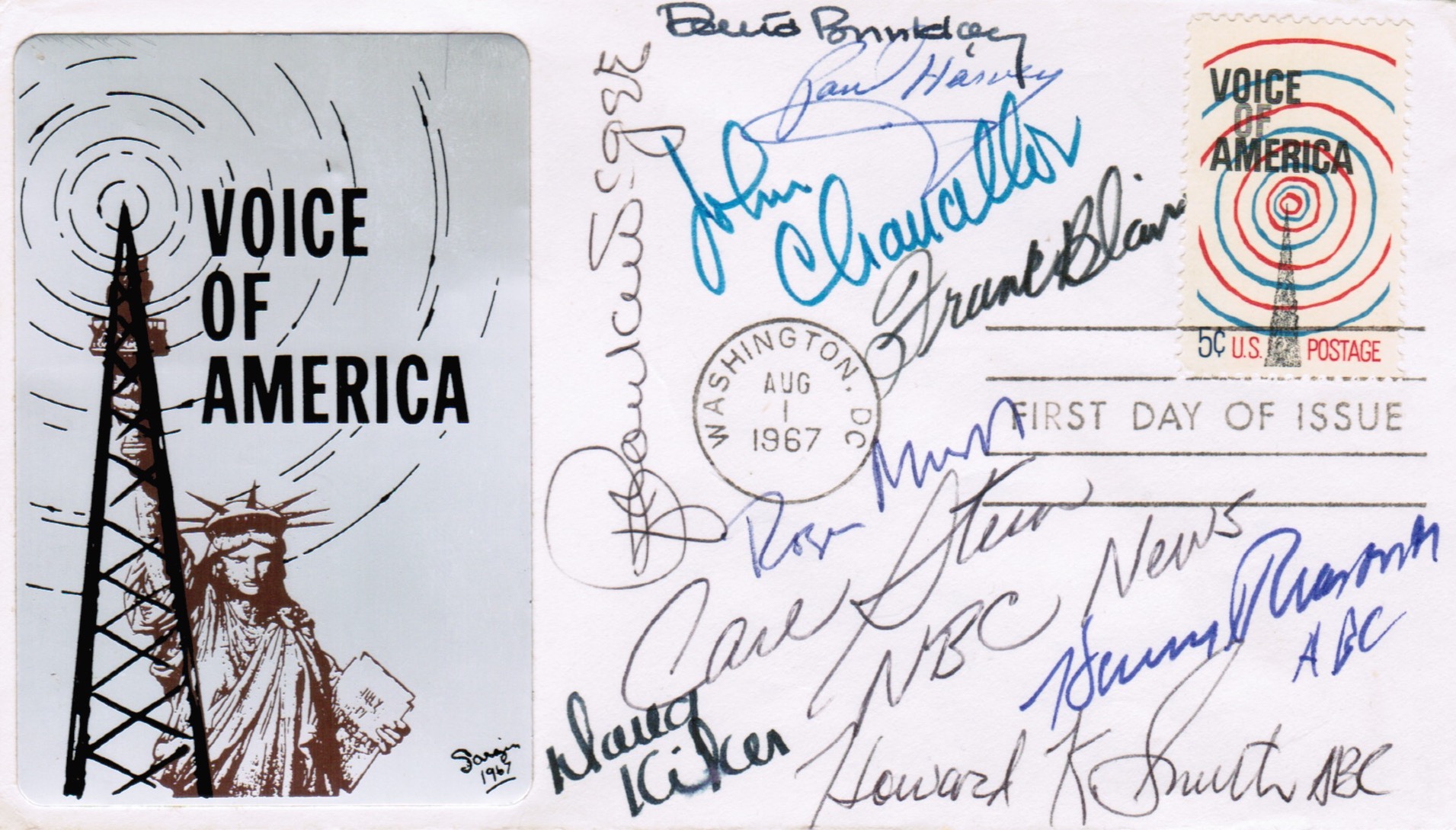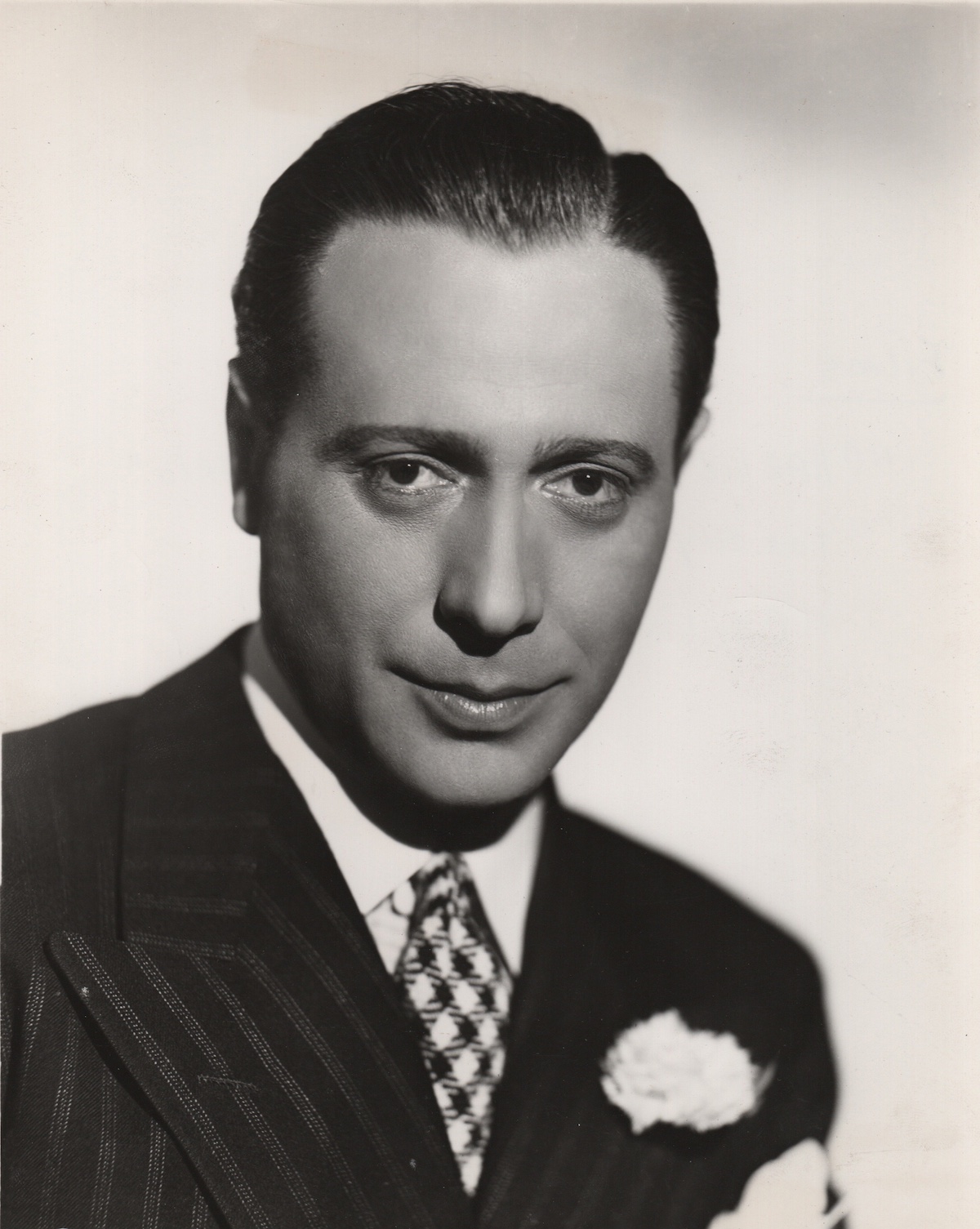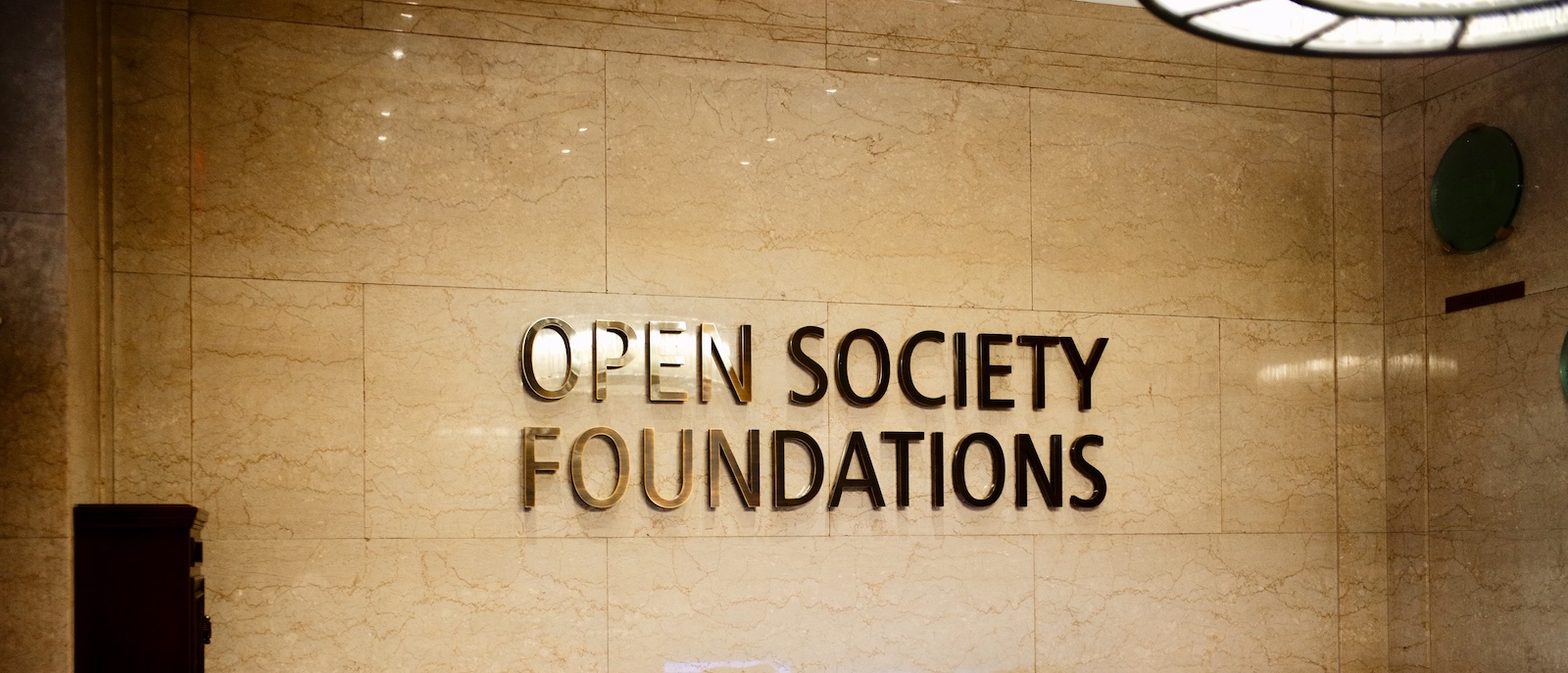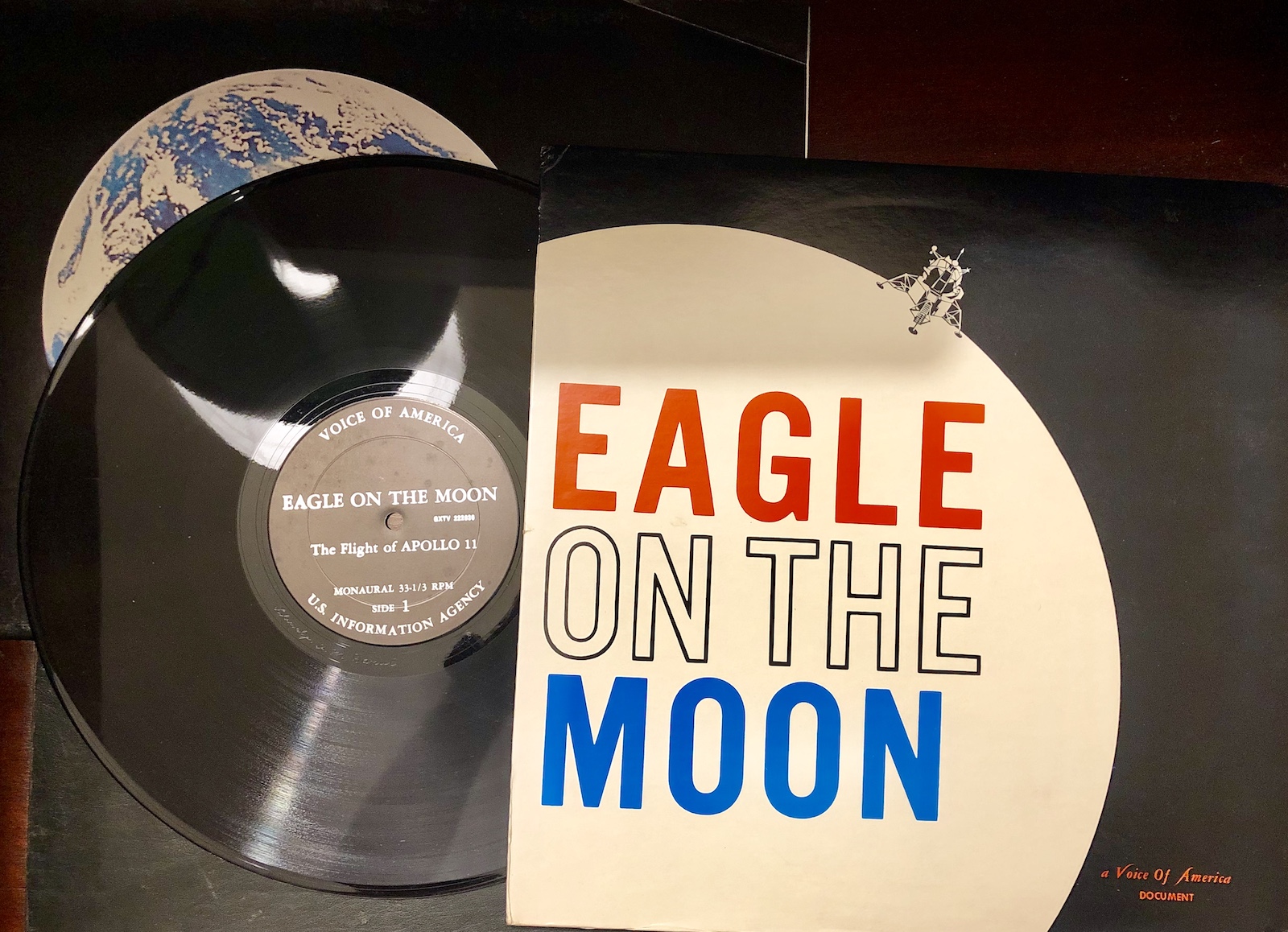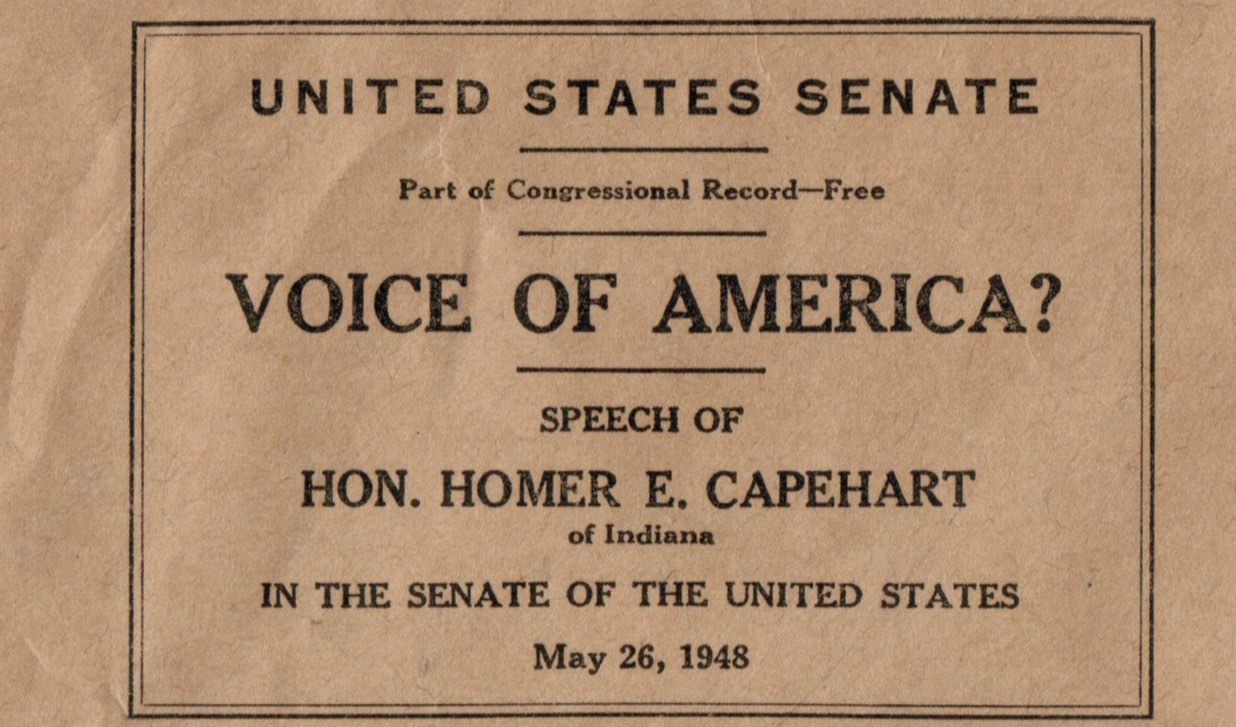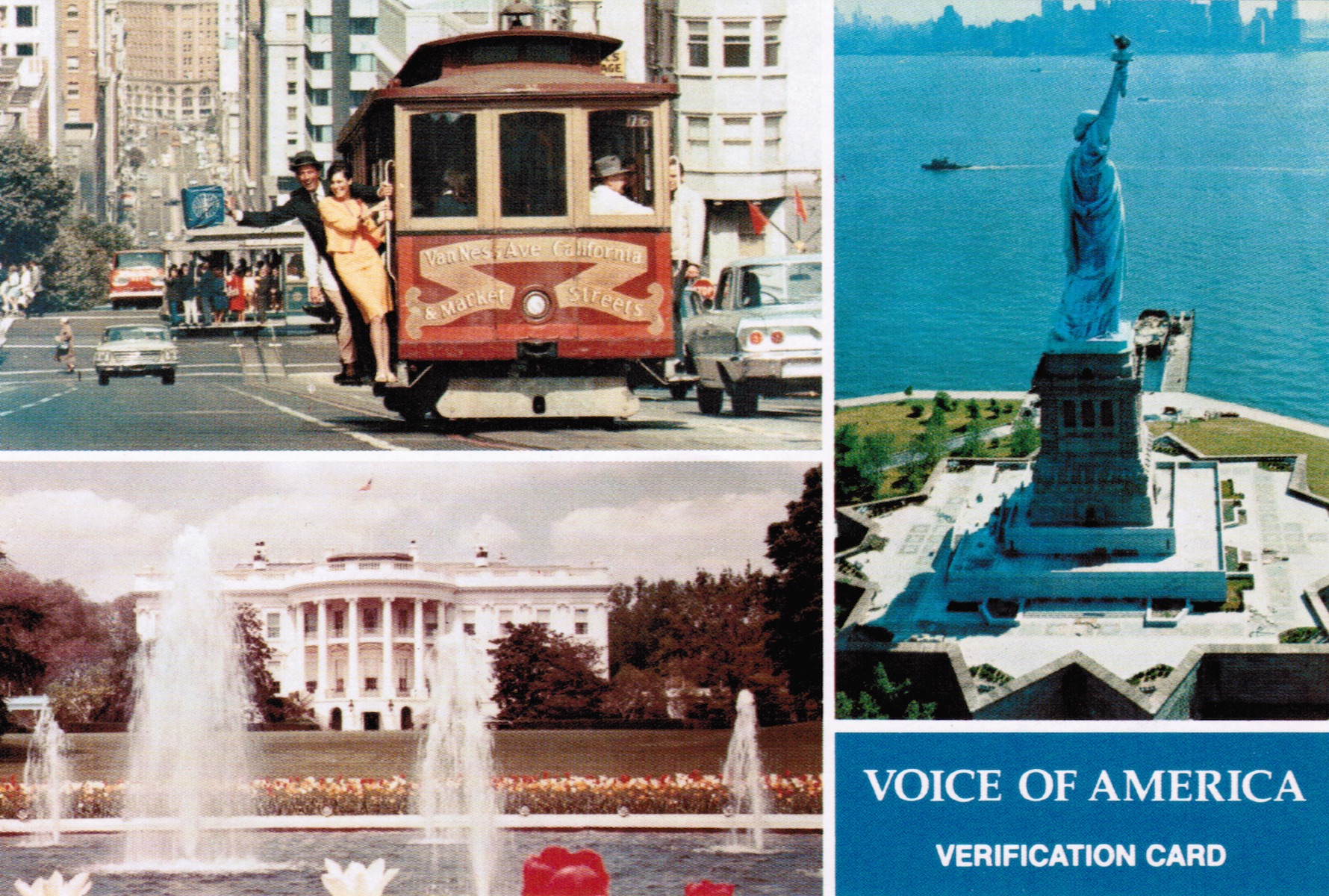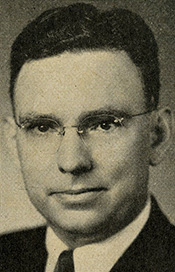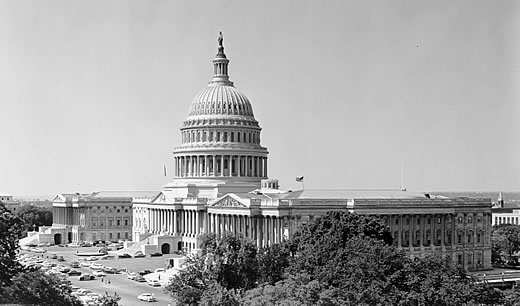By Ted Lipien for Cold War Radio Museum Soviet influence at Voice of America during World War II — documents and analysis Soviet influence at WWII Voice of America From VOA to communist regime journalist Choices of VOA’s pro-Soviet...
For Cold War Radio Museum By TED LIPIEN Radio Free Europe 1960 10th anniversary West German commemorative postcard. As described by Sig Mickelson in his 1983 book America’s Other Voice: The Story of Radio Free Europe and Radio Liberty, Radio...
This First Day of Issue Cover for the Voice of America 1967 stamp has autographs from several famous American radio and television broadcasters including Paul Harvey, David Brinkley, and Howard K. Smith. John Chancellor of NBC...
For Cold War Radio Museum By TED LIPIEN The name of the handsome man with a tanned Latin complexion in the 1942 publicity photo was Edward Raquello. He was a Hollywood actor, but he soon became known as a “very talented terror” at the...
By Ted Lipien for Cold War Radio Museum The Argonaut Building in New York City at 224 West 57 and Broadway, where first Voice of America (VOA) radio programs were produced in 1942, is now the headquarters of Open Society Foundations (OSF)...
2019 MP3 Recording of Original VOA Audio, Video with NASA Photographs, Transcript and Images of VOA’s 1969 LP Record by Cold War Radio Museum MP3 Audio of 1969 VOA Radio Broadcast on LP Record 2019 Cold War Radio Museum Video with NASA Images and...
In 1948, Democrats and Republicans in the U.S. Senate charged that Voice of America (VOA) broadcasts contained “baloney,” “lies,” “insults,” “drivel,” “nonsense and falsehoods,” amounting to “useless...
During the Cold War, Voice of America (VOA) broadcast mostly radio programs. Most of the radio transmissions were delivered through shortwave. VOA would send out QSL cards as a written confirmation of reception to those listeners who...
Cold War Radio Museum Rep. Howard H. Buffett, father of American investor Warren Buffett, was concerned in 1947 about domestic propaganda activities by the Voice of America. As the U.S. Congress was debating in June 1947 the eventual passage of the...
By Ted Lipien for Cold War Radio Museum U.S. Capitol, 1956. Two extraordinary refugees from Poland helped to expose in 1956 to the U.S. Congress anti-U.S. propaganda activities of a communist journalist Stefan Arski, also known as Artur Salman, who...


